Change is a process, not an event
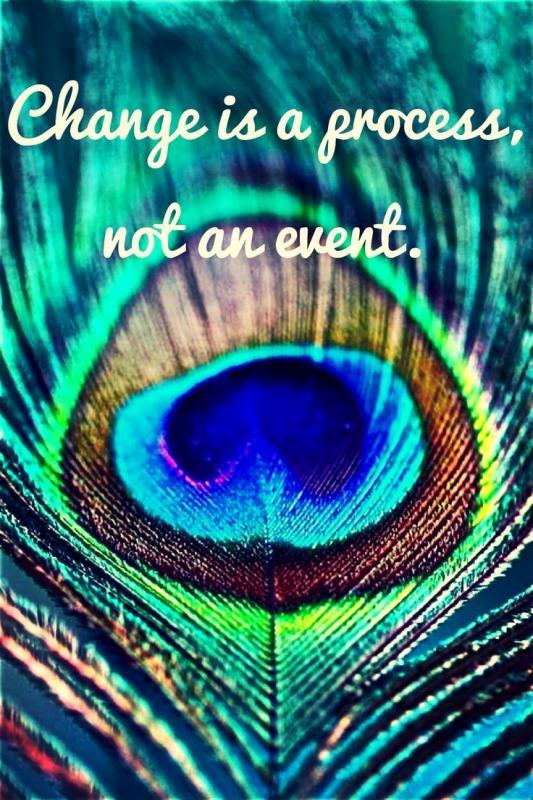
Change is a process, not an event
Change is a process, not an event. This statement holds true in many aspects of life, including the way we communicate and the words we use. Words are powerful tools that can shape our thoughts, beliefs, and actions. They have the ability to inspire, motivate, and influence others. However, the meanings and connotations of words can change over time, reflecting the evolving nature of language and society.Language is constantly evolving, with new words being added to dictionaries and old words falling out of use. This process of change is driven by various factors, such as technological advancements, cultural shifts, and social movements. For example, the rise of social media has led to the creation of new words and phrases, such as "selfie" and "tweet", that have become part of everyday language. Similarly, the changing attitudes towards gender and sexuality have resulted in the adoption of new terms, such as "genderqueer" and "non-binary", to reflect the diversity of human experiences.
The process of change in language is also evident in the way words can take on new meanings or connotations. For instance, the word "gay" originally meant "happy" or "carefree", but it has since become associated with homosexuality. Similarly, the word "queer" was once used as a derogatory term for LGBTQ+ individuals, but it has been reclaimed by the community as a term of empowerment and pride. These shifts in meaning highlight the fluidity of language and the power of words to shape our perceptions and identities.
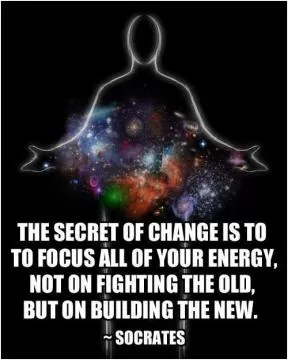
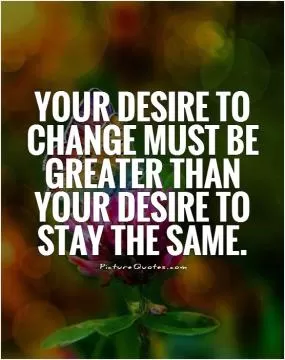





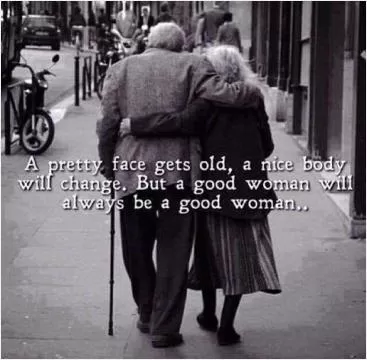
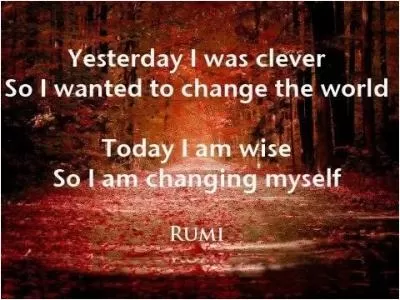
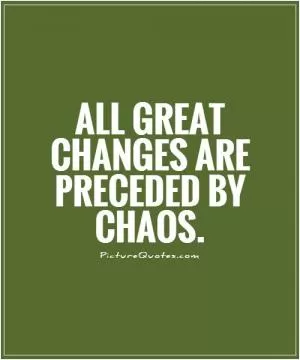
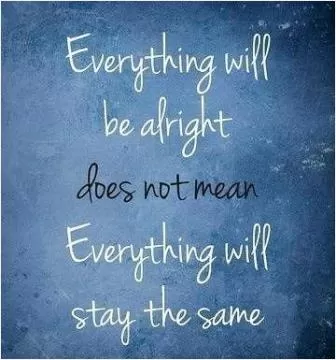

 Friendship Quotes
Friendship Quotes Love Quotes
Love Quotes Life Quotes
Life Quotes Funny Quotes
Funny Quotes Motivational Quotes
Motivational Quotes Inspirational Quotes
Inspirational Quotes